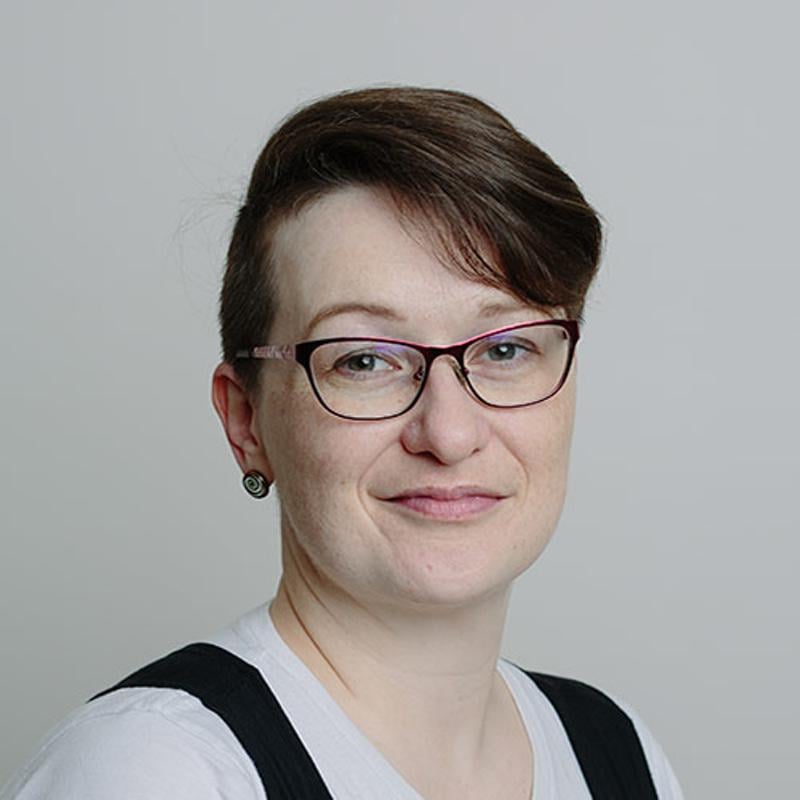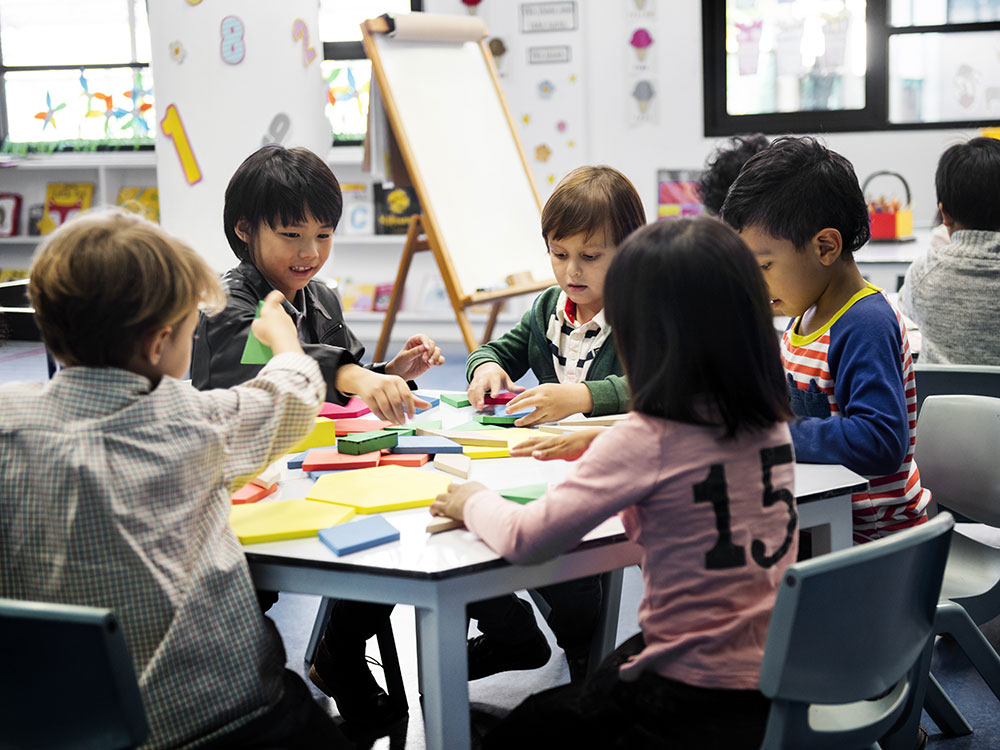A group of Vancouver parents want to know if federal pandemic funding for ventilation improvements means they can breathe easier over their schools’ indoor air quality.
In a letter sent to the Vancouver School Board Sept. 7, the Vancouver District Parents Advisory Council asked for details about how much of the $11.9 million the federal government provided to the province in July went to the district, and what it purchased with those funds.
The committee also wants a breakdown of how many of Vancouver’s 108 schools have continuous air quality monitoring. It also asked if schools can use CO2 monitors, HEPA filters and Corsi-Rosenthal boxes — do-it-yourself air purifiers made with fans, cardboard and HEPA filters — purchased by parent advisory committees.
In the letter, the district parents’ committee chair Vic Khanna noted: “There is now no doubt about how COVID spreads. Good air means everything.”
Parents’ air quality concerns aren’t limited to the COVID-19 pandemic, said committee vice-chair Kyenta Martins.
“Especially in Vancouver, where we are regularly affected by wildfire smoke, we need to have the resources to be able to clean the air and close the windows,” said Martins, who spoke to The Tyee last week when Vancouver was under an air quality alert due to thick wildfire smoke blanketing the region.
“Right now, if schools and classrooms close those windows to keep out the wildfire smoke, then you are trapping viruses in the classroom.”
In addition to ensuring students and staff remain healthy, Martins said making Corsi-Rosenthal boxes — if the district funded materials — would also be a great hands-on learning experience for students. She said she was able to build a box for $66 with supplies she purchased at Walmart.
As of Friday, the school board had not acknowledged nor responded to the letter, Martins said.
The board declined a Tyee request for an interview with chair Janet Fraser.
But it did confirm via email that the VSB received $1.2 million from federal funding. That allowed for additional ventilation and heating equipment in “several” portable classrooms, as well as the upgrading of “dozens” of air supply units in gyms, auditoriums and classrooms.
The email also linked to a district webpage that confirms ventilation systems were “inspected and upgraded in all 108 schools,” including adding MERV 13 filters to all ventilation systems except a “small number” that could not be retrofitted to take the filters.
MERV is a system of rating the efficiency of filters for blocking particles such as dust, mold, smoke, bacteria and viruses.
The rating system ranges from one to 16, with 16 offering the highest protection. MERV 13 air filters have been determined to provide adequate protection against COVID-19 in public spaces such as schools, offices and commercial buildings.
The district webpage also notes that school ventilation systems are now started earlier in the day, all schools’ exterior windows can open and are accessible to students and teachers and more outdoor air is circulated through the schools.
Neither the webpage nor the district’s email referenced Corsi-Rosenthal boxes or classroom CO2 monitors — which measure the level of carbon dioxide in a room and can be a good indicator of how well a room is ventilated — or whether parents could supply these items to schools.
Dr. Lyne Filiatrault, a retired emergency physician in Vancouver who advocates for stronger COVID-19 prevention protocols in schools through Protect Our Province BC, said even with fully upgraded ventilation systems schools may have “dead zones” where air is not adequately circulated or filtered.
Filiatrault cites Ontario and Quebec as leading the way in Canada in terms of classroom air quality, with the Ontario government investing in 110,000 new HEPA filtration air purifiers for schools in 2021, and Quebec putting CO2 monitors in classrooms.
HEPA filters, or “high-efficiency particulate air” filters, can remove at least 99.97 per cent of dust, pollen, mold, bacteria and any airborne particles with a size of at least 0.3 microns.
B.C. government guidelines maintain HEPA filtration systems are only necessary in classrooms without ventilation systems.
Nevertheless, Filiatrault wants all schools in the province to have at least one HEPA filter air purifier or Corsi-Rosenthal box per classroom, a school mask mandate for everyone in schools, CO2 monitors in every classroom, teaching outside whenever possible, contract tracing when people do get sick and MERV 13 filters on all building ventilation systems.
Without that, “there is no way with BA.5 and the virus circulating that I would want to share indoor air with anybody right now,” said Filiatrault.
Omicron’s BA.5 subvariant emerged earlier this year and is considered the most contagious strain of COVID-19 so far.
The province maintains it has spent $166 million on upgrading school ventilation systems throughout B.C. since the pandemic began, but details on how that money was spent are scant.
A new study co-authored by B.C. provincial health officer Dr. Bonnie Henry found 70 to 80 per cent of children and youth in Greater Vancouver and the Fraser Valley have already contracted COVID-19.
However, Henry says that does not mean they contracted the disease in school.
Filiatrault disagrees, pointing to WorkSafeBC’s COVID-19 claims data showing education workers are second only to health-care workers in the number of claims submitted since the beginning of the pandemic. Public school sites have the third-highest number of claims, behind acute and long-term care workers.
BC Centre for Disease Control data shows over 600 children and teenagers in the province have been hospitalized with COVID so far in 2022.
Parents have a right to know the air quality in their children’s schools, Filiatrault said, as well as specifics about the systems in place for cleaning, circulating and monitoring the air.
“Telling me that you spent $166 million since the pandemic means nothing,” she said. ![]()
Read more: Health, Education, Coronavirus
















Tyee Commenting Guidelines
Comments that violate guidelines risk being deleted, and violations may result in a temporary or permanent user ban. Maintain the spirit of good conversation to stay in the discussion.
*Please note The Tyee is not a forum for spreading misinformation about COVID-19, denying its existence or minimizing its risk to public health.
Do:
Do not: